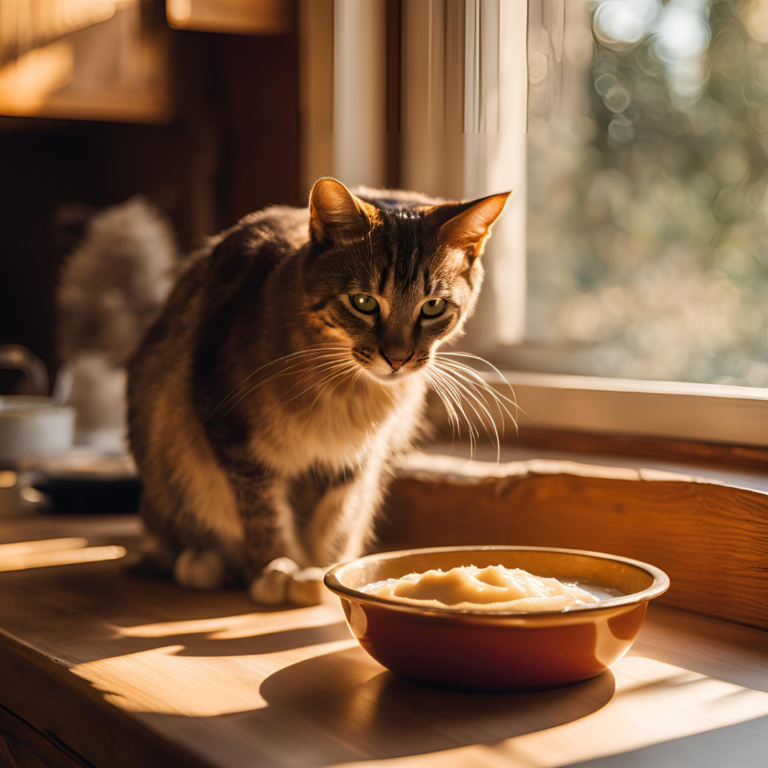Can cats eat cherries safely?
Many people love to eat cherries, and they are good for health, but when it comes to cats and cherries, it is not okay for cats. Although cherry flesh is safe for cats, other parts of the cherry, like the pit, leaves, or stem, can cause health issues in cats. It’s not a good idea to give cherries to your feline friend, so it’s better to avoid giving this to your cat.
Are cherries good for cats?
If I answer based on everything, my answer is no, because it’s not a part of a cat’s regular diet. As we all know, cats are obligate carnivores, so they get the necessary nutrition from animal-based protein foods. Cherries are unnecessary for cats. Not only that, but the other parts of cherries, like the pit, leaves, or stem, are toxic for cats. So, it is better not to give them cherries, not even a single piece. Just avoid it.
What parts of the cherry are harmful to cats?
Although cherries are safe for humans, that doesn’t mean they are safe for cats. This fruit is unnecessary for cats and can pose health risks, especially the other parts of the cherry like the pit, leaves, or stem. These parts contain cyanide, which can be toxic for cats in very small amounts. So, don’t try to give cherries to your cat. Avoiding cherries is the right decision to protect your cat’s health.
Can cherries cause health issues in cats?
Yes, giving cherries to cats can cause health issues because cherries are not designed for their health. Eating cherries can create digestive problems for cats, like vomiting, diarrhea, or an upset stomach. That’s just about the cherry flesh, but when it comes to the pit, leaves, or stem, they can be toxic for cats in small amounts because they contain cyanide. So, it is better to avoid giving cherries and choose alternative treats that are good and safe for your cat’s health.
How much cherry can I give my cat?
You shouldn’t give cherries to your cat, not even in very small amounts, because even a little bit of cherry flesh can be harmful to their health. Additionally, other parts of the cherry, like the pit, leaves, or stem, also pose health risks to cats. It’s best to avoid this fruit and choose other fruits that are safe for your feline friend, like bananas, apples, or watermelon. It’s better to consult a vet, who can suggest fruits that are healthy for your cat.
Are cherry pits toxic to cats?
Yes, cherry pits can be toxic for your feline friend. The reason is that cherry pits contain cyanogenic compounds that release cyanide when metabolized. This cyanide can block oxygen in a cat’s body, and in serious cases, it can even cause death. That’s why you should always keep cherries away from your cat. If you have any doubt that your cat has eaten a cherry pit, consult a vet immediately.
What should I do if my cat eats cherries?
It can happen that your cat accidentally eats cherries or other parts like the pit, stem, or leaves. If you suspect your cat has eaten any part of a cherry, monitor them closely and look for symptoms like vomiting, diarrhea, lethargy, difficulty breathing, increased heart rate, or weakness. If any of these symptoms appear, call a vet as soon as possible.
Can cats have cherry-flavored treats?
The answer is no. You shouldn’t give cherry-flavored treats to your cat because these treats may contain ingredients that are harmful to a cat’s health. Even plain cherries are not acceptable for cats. Avoiding both simple cherries and cherry-flavored treats is the right decision for your cat. Instead, choose other treats that are safe and healthy. For that, it’s best to consult a vet.
Conclusion
Although cherries are safe for humans, that doesn’t mean cats can eat them. Even small amounts of cherry can cause health issues for cats, and other parts like the pit, leaves, or stem are toxic. If you’re concerned about your cat’s health, it’s better not to give them cherries. If you’re looking for healthy treats or want to change your cat’s diet, consult a vet first.



